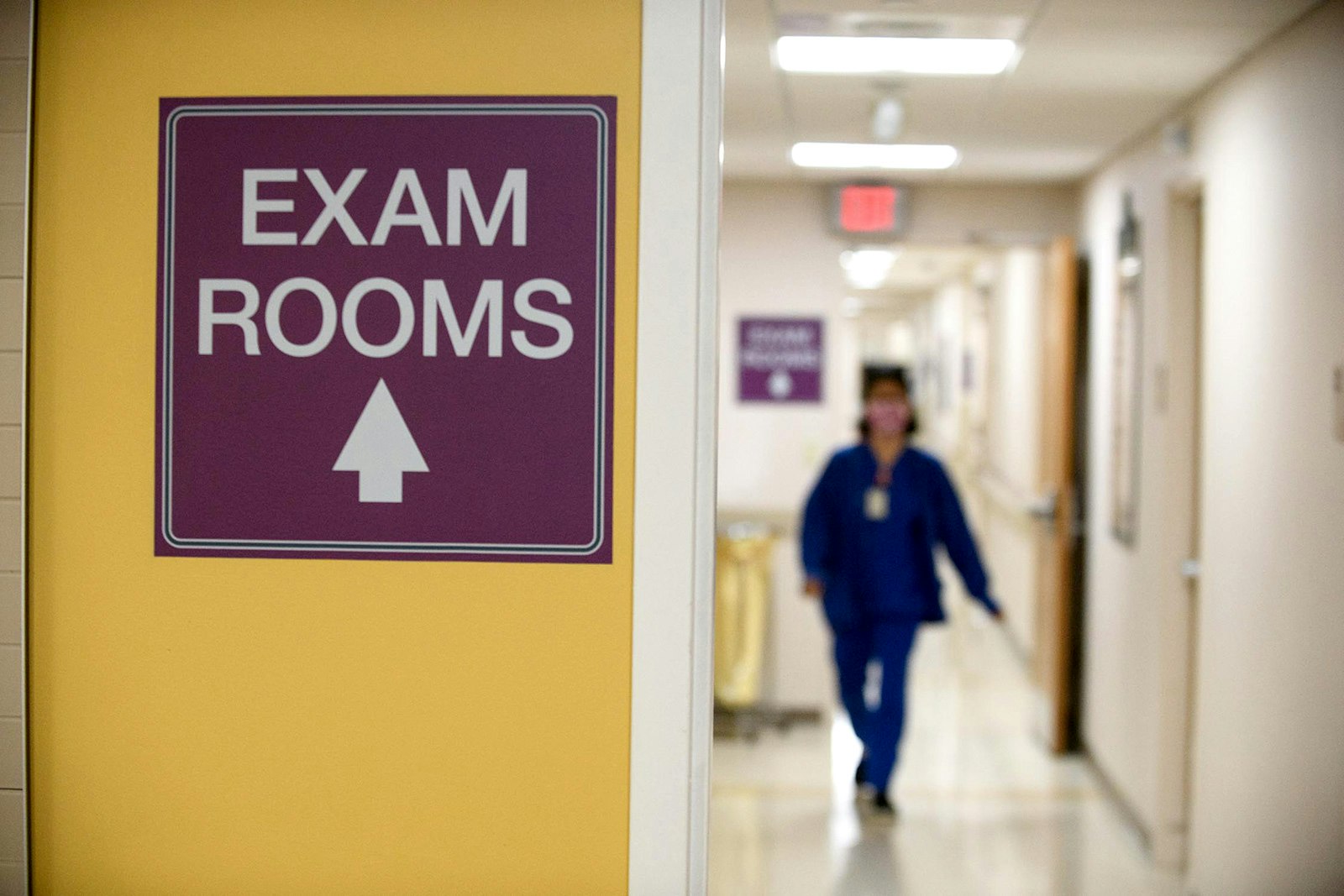Cardio-oncology is a medical specialty devoted to the management of heart disease in patients who have cancer. Cancer patients and survivors often face unique heart health challenges since the treatments that help you fight cancer may sometimes damage your heart.
At the WVU Heart and Vascular Institute, our cardiologists, who are specially-trained in cardio-oncology, use the latest technology and research to prevent, detect, and treat heart disease in cancer patients. Our goal is to prevent heart damage caused by cancer treatments and manage care for those fighting cancer and heart disease.
Understanding Cardio-oncology Services
Some cancer patients may have a high risk of heart disease, have existing heart disease, or develop heart disease or heart complications after cancer therapy. Our cardiologists team up with cancer doctors to care for the patient’s heart before, during, and after cancer treatment.
Together, our Cardio-oncology Clinic team develops treatment plans that reduce the risk for cardiovascular problems.
Treatment plans are personalized and based on your current heart health, personal medical history, and family medical history. These treatments don’t interrupt cancer care but provide additional support that gives long-term benefits. We closely monitor your heart health throughout treatment. Good heart health will help you respond better to therapies, making care more effective, and reducing the risk of future heart disease.
We use blood tests and advanced cardiac imaging services specific to cancer patients, including advanced echocardiographic strain imaging, nuclear PYP scanning, and cardiac magnetic resonance imaging (MRI) services, to detect heart problems early on, helping us prevent serious complications. Using the latest treatment approaches, our cardio-oncology specialists provide:
- Advice and guidance for people with a high risk of heart disease or existing heart disease before cancer therapy
- Cancer treatment options developed by oncologists for people with a high risk of heart disease or existing heart disease
- Treatment for heart conditions, including heart medications, if needed
- Monitoring for patients with heart disease or at risk of heart disease before and during cancer therapy
- Monitoring and treatment of heart complications that may develop during/after cancer therapy, after taking certain chemotherapy drugs, or receiving radiation therapy in the chest area
- Treatment of heart conditions or complications that may develop after cancer therapy, after taking certain chemotherapy drugs, or receiving radiation therapy in the chest area
- Lifestyle coaching for people after cancer therapy to help reduce the risk of heart disease with a heart-healthy diet and exercise
Long-term Care
After treatment, cancer survivors require specialized, long-term follow-up care. When cancer treatment is completed, we continue to provide survivorship services. We help create a plan that meets your specific needs to help reduce long-term risk for heart disease. This may include medicines, regular screenings, and lifestyle changes.
